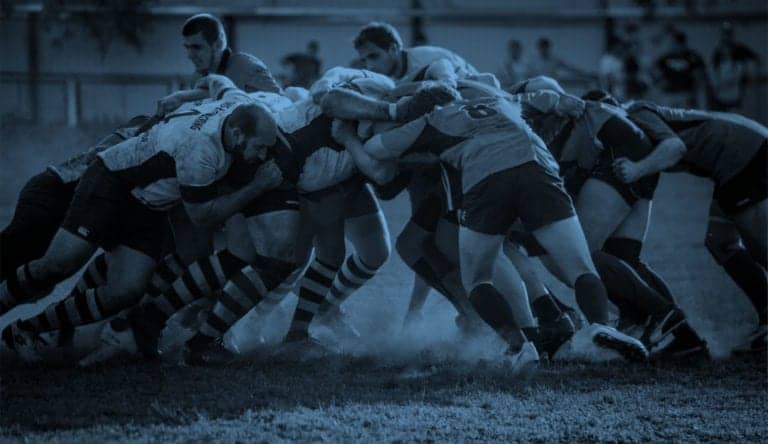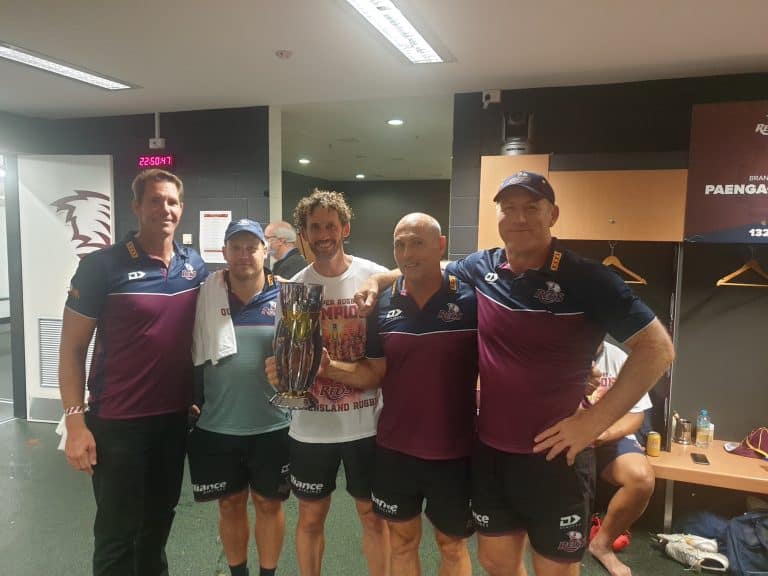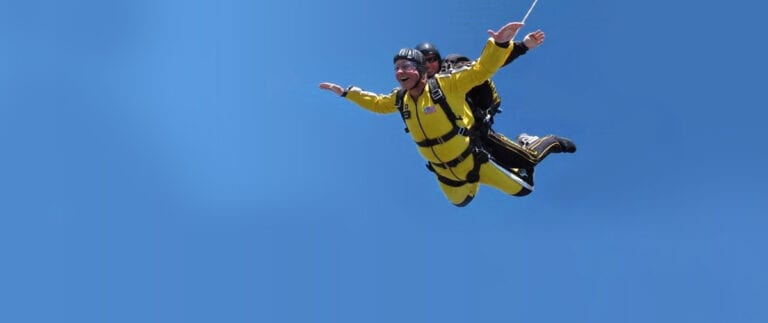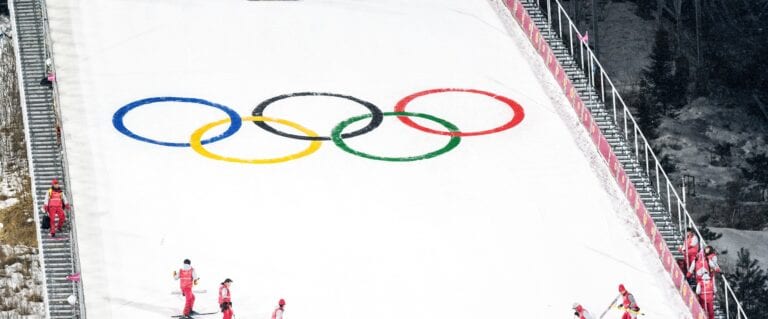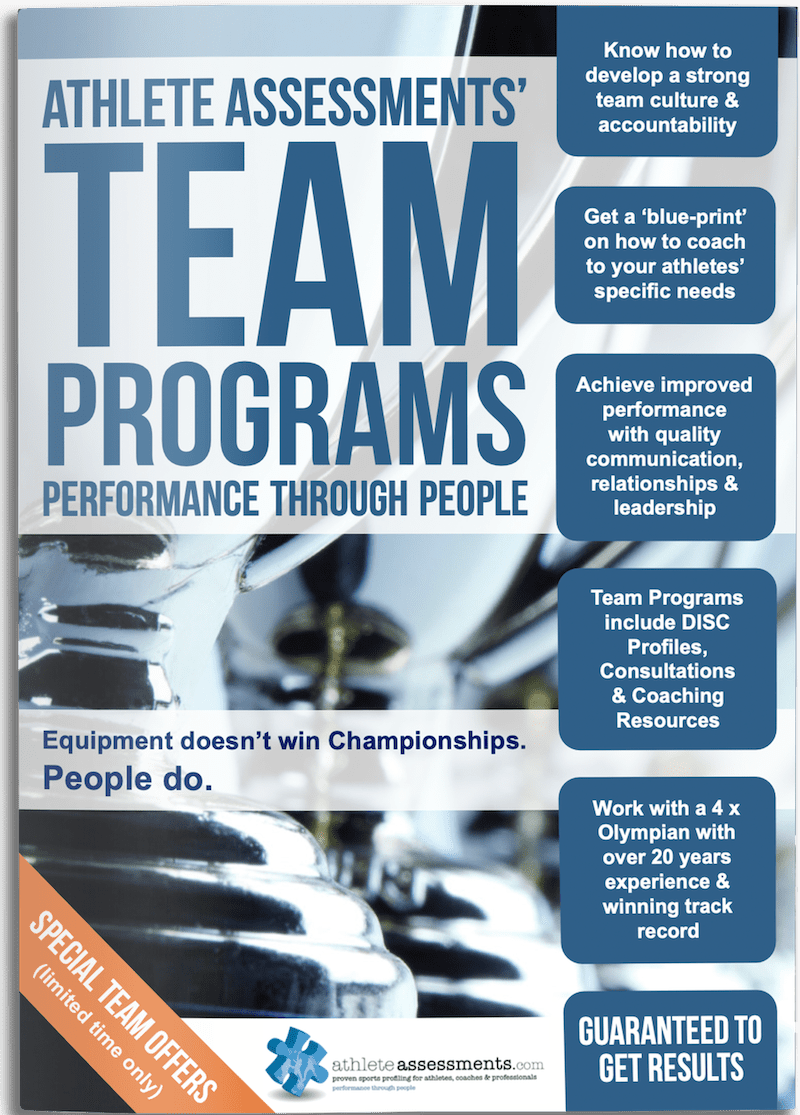In any team, when leadership is driven from within the group, rather than from the top down only, an extra dimension of intention and direction can be achieved. So, what are the nuts and bolts of enabling leadership from within your team?
To answer that question, share strategies, and really get that leadership engine humming, is Bo Hanson, 4x Olympian, 3x Olympic medalist, Founder, and Director of Athlete Assessments; Julie Darty Dennis Head Coach of Women’s Volleyball at Mississippi State University; and Director of Student-Athlete Leadership Development at the University of Michigan, Brian Townsend.
Bo started by laying out what he sees as being the blueprint for winning through effective leadership,
“Enabling quality leadership from inside a team requires a culture that takes dedicated effort to establish, where the athletes feel valued, and as though they have contributed to what their culture looks like. This kind of culture is the result of many processes and deliberate strategies, and having effective leadership within your team will ensure these are maintained. Effective leadership will also contribute to winning results for you team. But when we talk about winning more often, it isn’t just the wins that are measured by numbers on the scoreboard, it’s about what winning looks like off the ‘court’ too.”
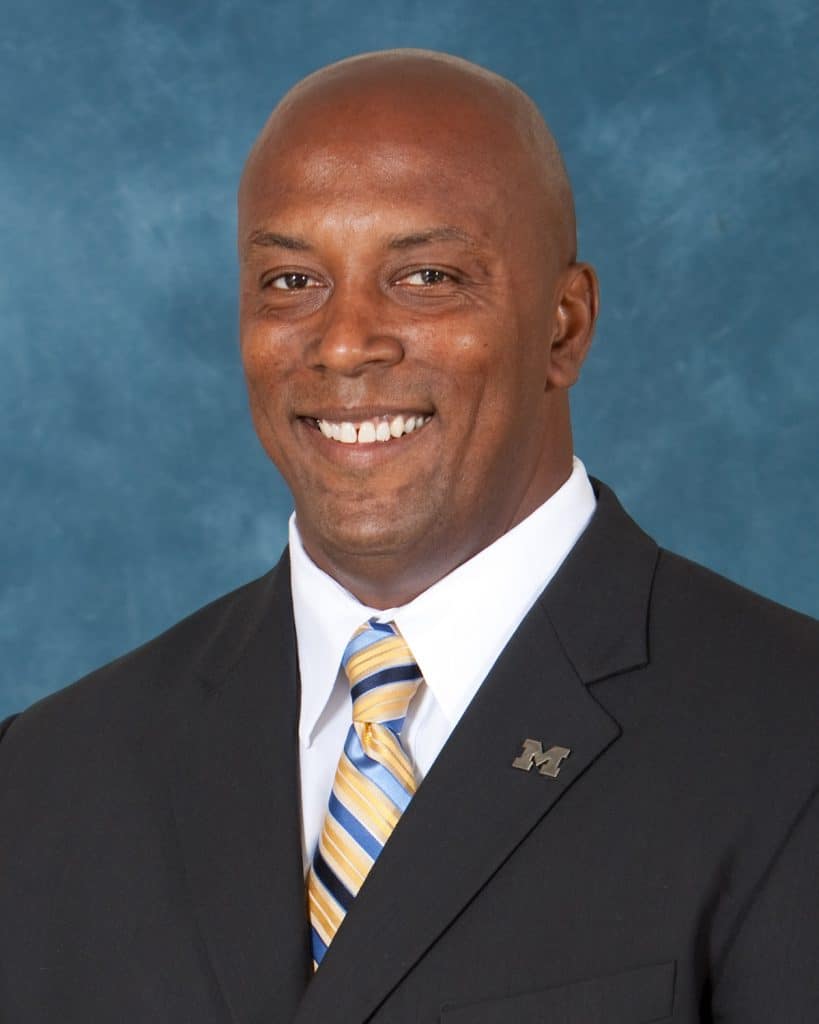
Contributing enormous experience to the conversation is a man who everybody wants on their team, the former professional footballer creating systemic success through student-athlete leadership development at the University of Michigan, Brian Townsend.
Shedding some light on their approach to leadership development Brian shared, “The #1 thing about leadership is that each person leads in their own unique way. We work with each of our student-athletes to develop their self-awareness and emotional intelligence early in our program.”
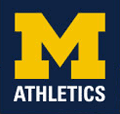
“It’s really about strengths, not deficits. We allow time for them to each understand their own beliefs and values to help them develop an authentic style of leadership.”
Julie Darty Dennis has turned the Volleyball program at Mississippi State around in the four years since her appointment as Head Coach in 2018. For anyone who is a fan or follows volleyball, you may also know Julie’s program as the ‘Darty Party’, the term coined to celebrate the amazing number of records her team has broken with her at the helm of the program, including a 13-game winning streak in the 2021 season.
The consistency of the program’s performance points to a culture that embraces the team’s values and drives its performance from within.
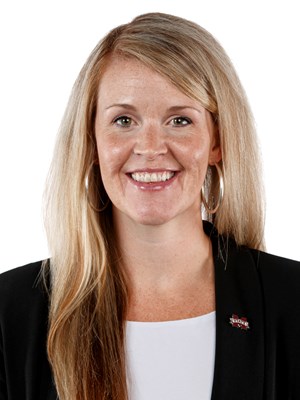
Julie added,
“For us it’s about having a player-driven, inside-out model of leadership”.
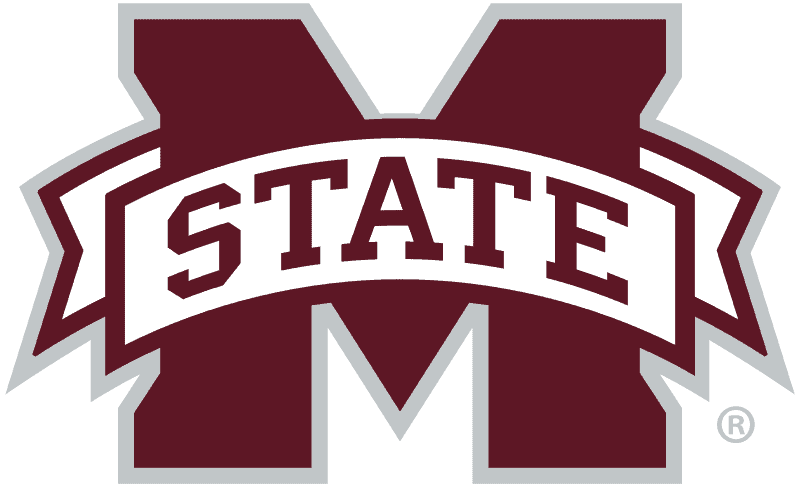
Giving some background, Julie explained that when she first came to the Mississippi State program, the team had a standard ‘captains’ model of leadership in place that just wasn’t working. She said, “With that title it was like the captains were almost sitting on a pedestal and they were above everybody else.”
Recognizing that the current system was ineffective for their team, Julie overhauled the program’s entire approach to leadership and described what was more than two years of process and conversations to get the team’s leadership to where it is today. This process was initiated by a period of Julie herself taking ownership of the captaincy and role requirements to allow her players time to work with her, and evaluate their leadership needs as a team.
After the captain model was disassembled, Julie’s athletes decided their team did need leaders, and what followed were intensive and intentional conversations about what kind of role the leaders would play, and identifying potential candidates within the team. Julie shared, “The process was really rigorous, we were testing people to see if they could uphold the responsibilities, it’s an opportunity but also a huge responsibility.”
Creating this space and asking players for this kind of feedback on what they needed and wanted from the team, empowered and prepared them to lead from within. Eventually, they were able to understand each other’s needs and want what’s best for the team. Now, Julie’s team have adopted the language of a leadership committee, a language that extends throughout the team as they have many different committees. Julie emphasized the value of the players’ contributions to their committees adding,
“We will sacrifice practice time and practice minutes if players have to have team meetings. If you don’t take care of that team stuff before you get on the court, it’s definitely going to affect the level of play.”
Across its 29 sports, the University of Michigan has a campus-wide student-athlete leadership program which happens in the off season and lasts for six to seven weeks. Within the program each student-athlete is teamed up with an accountability partner to help them understand their values. For five weeks they nominate a core value each week, they talk about it, specify what each person in the group needs to stop doing, start doing, and continue doing to live this value. Explaining how values drive performance Brian spoke about the intersection of standards, values, and vision, “Students can work their tails off, sacrifice for one another, respect each other, play at a high standard, have fun, and it can all happen at the same time.”
This individualized approach to leadership development forms the foundations for when Brian is brought into teams at Michigan throughout their seasons to development and focus on the team as a whole. While the approach and development for each team is tailored to their needs and the sport, Brian noted how he views it philosophically,
“During the season before we get to championship time, we’re coming down the runway and we want to be flying at the right time, but we need enough psychological energy, team energy, and trust energy to take off – that’s the fuel!”
Our beliefs and values combined with the way we do things is what makes each of us unique. Every individual, regardless of their behavioral preferences (also understood as the way they do things), can be a leader, regardless of style, because effective leadership stems from knowing ourselves, leveraging our strengths, and recognizing our potential areas for improvement.
Bo added,
“One of the major challenges to effective leadership that we often see, is a belief that leadership has to be carried out in a particular way, it’s a preconceived stereotypical model which describes how an athlete has to lead.”
Julie’s team and Brian’s programs both encourage their student-athletes to become leaders in their own unique style by fostering the development of self-awareness. As part of both programs’ initial leadership development processes, the student-athletes explore their unique strengths and styles, as detailed in their Athlete Assessments AthleteDISC Profile Reports. The 40-page report describes in depth the way each person naturally prefers to communicate, build relationships with people around them, approach goals, and tackle tasks. The profiles also examine what each individual needs for success, what motivates them, and how they are likely to behave when under stress, ultimately giving them time to develop strategies for their natural responses.
Brian explained that at Michigan, this information is the foundation for the growth mindset, a base for student-athletes to build on their unique leadership style, and begin engaging in the team development conversation. Speaking on the outcomes of this process he said, “It’s like a kitten looking in the mirror and seeing a lion, our student-athletes see themselves in a totally different way. They understand that they can’t be everything, but they know what they bring is valued.”
He also emphasized how this individualized process is imperative to coaches who are looking to develop their team’s performance. Explaining that by providing the athletes with the tools to provide effective feedback, and then the opportunity to give it, it builds buy-in, and athletes will support what they have built. He added, “Our coaches who are having success are the ones locking arms with their student-athletes.”
Asking for student-athlete input is a way that coaches demonstrate that they value what their athletes bring to the team on both a technical and non-technical level.
Bo shared an example of this from his own career,
“As an athlete I was involved in the decisions for the type of equipment we used, experimenting with prototypes and the design of that equipment to harness the particular distinctions of our crew, and the way we moved the boat. I’ve seen first-hand just how powerful ownership and involvement is as a driver of accountability.”
Agreeing and illustrating just how involvement leads to accountability, Julie shared her own story but from a coach’s perspective,
“When I first got to Mississippi State, I said to the athletes these are my core values, these are our standards, and these are my goals for our team. What resulted was no buy-in from the athletes because the team didn’t come up with them. It wasn’t their culture they had created, they weren’t their goals, and we weren’t on the same page when it came to living standards and values. After that learning curve, taking a step back and reevaluating my approach, now every year the new team come up with our core values and our standards, and they present it to us on report date so as coaches we know what they’re striving for.”
Leadership models and processes for choosing leaders is enormously impactful on the playing group, the culture, and ultimately on the way they perform, it’s something we at Athlete Assessments are passionate about and have a webinar dedicated to the process of captain and leadership selection.
Bo noted how effective coaching includes looking for early warning signs which may indicate things that could hurt the team and its culture.
To illustrate this, Julie explained that when players were coming straight to her as the coach rather than going to the leadership group, it indicated a loss of respect or trust within the group. Cross-communication, or situations when communication doesn’t make sense is another red flag that things have gone awry.
And on the court?
Julie said, “Eye rolling! I keep a close eye on body language. In volleyball, there is a lot of physical touching – we slap hands and high-five a lot. So, if people shy away from that and the energy is off, there’s a good chance that things aren’t right.”
Brian added, “When you see people talking about each other and not to each other, you might not know what’s going on but just that there is a challenge.”
In terms of the ‘how to’ when you might be just starting down this path, Brian and Julie had a couple of tips to share; keep meetings short – five minutes before training, and ask questions to help your athletes start to catalyze the self-knowledge that leads to answers.
During the season Brian works with Michigan teams on Flash-15 moments. He explained that during the process of a Flash-15 he will independently ask the coaches and student-athletes what they think the team needs to work on and then he lets both groups know about themes that are emerging.
“It’s all about accountability in practice. In the Flash-15 we are holding each other accountable to our standards. We stop, start, continue, and the athletes move forward with their standards intact and move closer to their vision.”
Julie also talked about the value of role-playing in setting standards, explaining that in their off seasons the whole team is put in hypothetical scenarios, with a mix of funny situations and serious ones, to come up with some concrete guidelines of what is an acceptable way to handle things and what is not. Julie said that when it came to during the season, some of those scenarios came up in real life, and the players knew how to approach them.
To conclude, Bo also suggested to reframe the focus on leadership too and outlined the importance of having ‘followers’ in the playing group as well as leaders. He added,
“Sometimes leading from within can also look like being a good follower. Across all sports everyone is encouraged to be a leader these days, and it’s almost unacceptable to not be a leader. But in the sport that I come from, rowing, you can add massive value to the boat’s speed or team’s performance by being an extraordinarily good follower. I don’t think following receives enough recognition for just how critical it is for the overall team.”
Leaders don’t just show up in a program, building the foundation for leadership, whether it’s leading the people around us, or ourselves, needs to start early. Empowering our athletes with the ability to lead ensures that the engine driving your team’s success will be part of the vehicle that takes the court every time your team competes. Investment in leadership development also remains an athlete’s asset long after they leave the competition arena.
For more of a deep dive with Bo, Julie, and Brian on the topic of getting your athletes to lead from within, strategies around questions like, ‘What do I do when my leaders mess up?’, how to create effective support networks for your student-athlete leaders, plus more, check out our webinar which this article was written on called ‘How to Get Your Athletes to Lead From Within’.
MEET THE COACHES

Julie Darty Dennis
Julie Darty Dennis

Brian Townsend
Brian Townsend
Where to from here?
If you are working with your team on effective leadership, whether you are a coach, a consultant, or sports professional, your athletes rely on you to bring effective tools which enhance the development process. Learn more about Athlete Assessments’ Student-Athlete Leadership Program, and how it can support the development of your athletes.
We also encourage you to read and review our free online articles and video resources about enabling leadership development and growth. We would love to help you be your best so if we can give you any extra information, or explain anything particular to your situation just reach out and contact us.
LOVE THIS ARTICLE?
DOWNLOAD YOUR FREE, PRINTABLE PDF COPY BY FILLING OUT THE FORM BELOW!
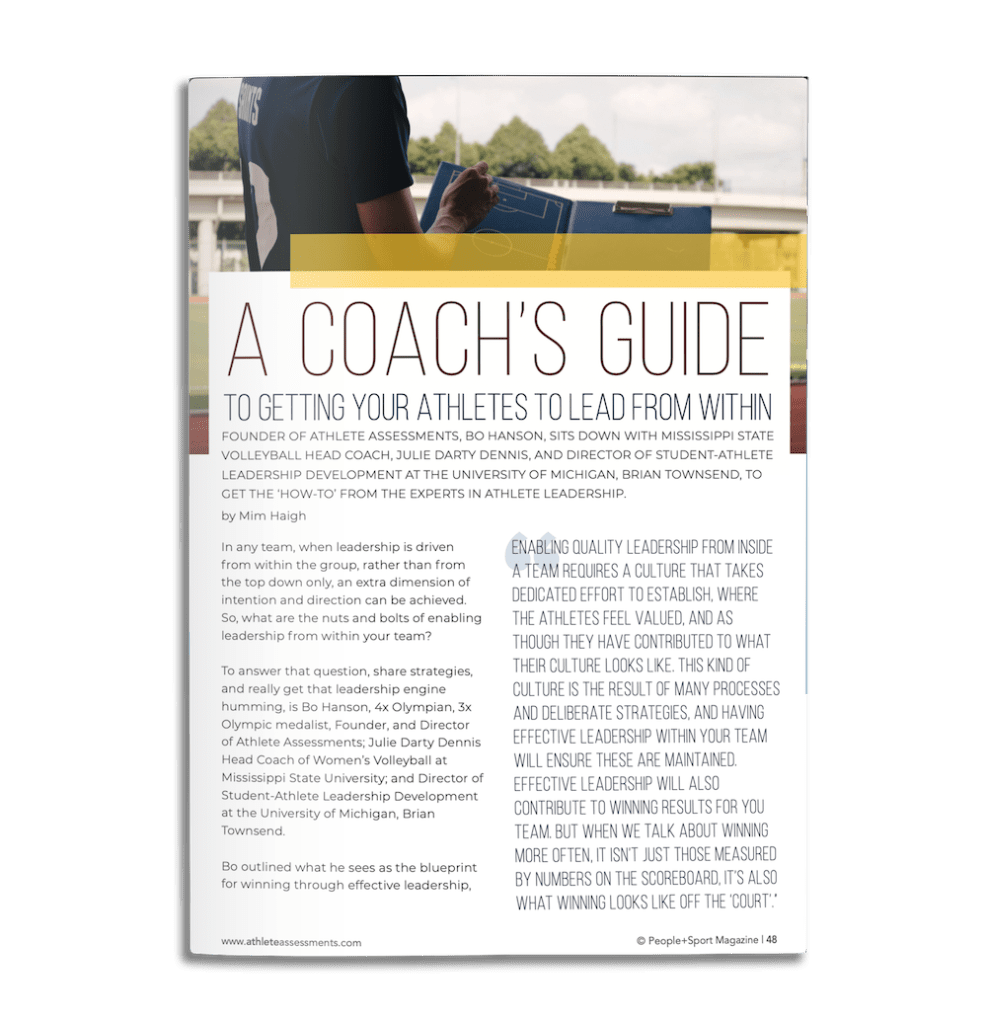
Recommended Articles
The skill of decision making is closely linked to problem solving. For some athletes, making the right decisions at the right time is a well-developed skill, whilst other athletes find this process more challenging. Like any critical skill, the key to developing an individual’s decision making is to practice. So, where should an athlete practice their decision making? The answer is in training.
Captain or leadership group, how can you determine what the right structure for your team is? Who should be appointed as the leader and, what exactly does the person in the leadership role do? These were some of the critical leadership questions we unpacked in our recent open webinar, ‘Choosing Captains and Leadership Development Within Your Team’.
What keeps Dr. Steven Estes, Professor of Leisure and Sport Management at Middle Tennessee State University engaged, looking for new challenges and delivering dynamic content to develop leaders for our community?? That question evolved in my mind the more we delved into Steve’s philosophy on leadership - developed over a career spanning over four decades. Experience has seen him guide students in the classroom as a tenured professor, high-performance sport gave him the opportunity to compete at international events as part of the US rowing team, he continues to be a pivotal member and was twice president of the National Association for Kinesiology in Higher Education (NAKHE), a leadership lecturer in residence at the United States military training academy, and part of teams tackling grueling physical challenges.
In recent years, more attention has focused on the impact of the coach-athlete relationship on an athlete’s performance. Research from the 2008 Canadian Olympic Study showed that coach-athlete relationships significantly impact athlete performance.


